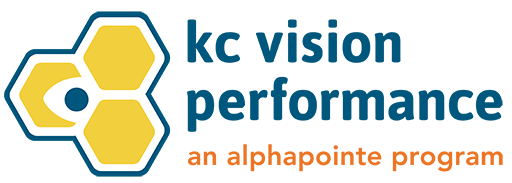Each year, more than 1 million people sustain traumatic brain injuries. Following a brain injury, there is often an interruption in communication between the eyes and the brain. Neuro-optometry is a specialty field of vision care that combines neurology and optometry to assess how the brain processes information sent from the eyes. When communication between your brain and eyes is disrupted due to injury or disease, vision problems usually occur.
A patient who may have experienced brain injury, stroke, balance and mobility issues, loss of one eye, double vision, light sensitivity, post trauma vision syndrome, or visual midline shift syndrome should be referred to a neuro-optometrist for further evaluation.
Download our printable Neuro-Optometry Vision Questionnaire (PDF) to see if you or someone you know may be a candidate for neuro-optometry care.
We treat patients who have experienced an accident, illness, traumatic brain injury (TBI), or concussion. These patients may have one or multiple symptoms affecting vision, balance, mobility, and ability to complete daily activities including recovery.
- Loss of visual fields
- Poor coordination, clumsiness or dizziness
- Headaches, especially after eye use
- Light sensitivity or trouble distinguishing contrast
- Decreased attention span or reduced concentration
- Difficulty walking, maintaining balance, bumping into things or judging depth perception
- Discomfort when reading or viewing a computer screen
